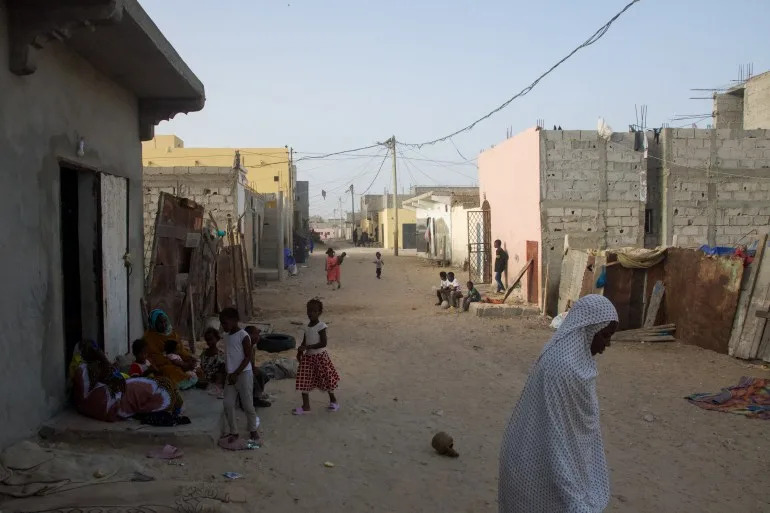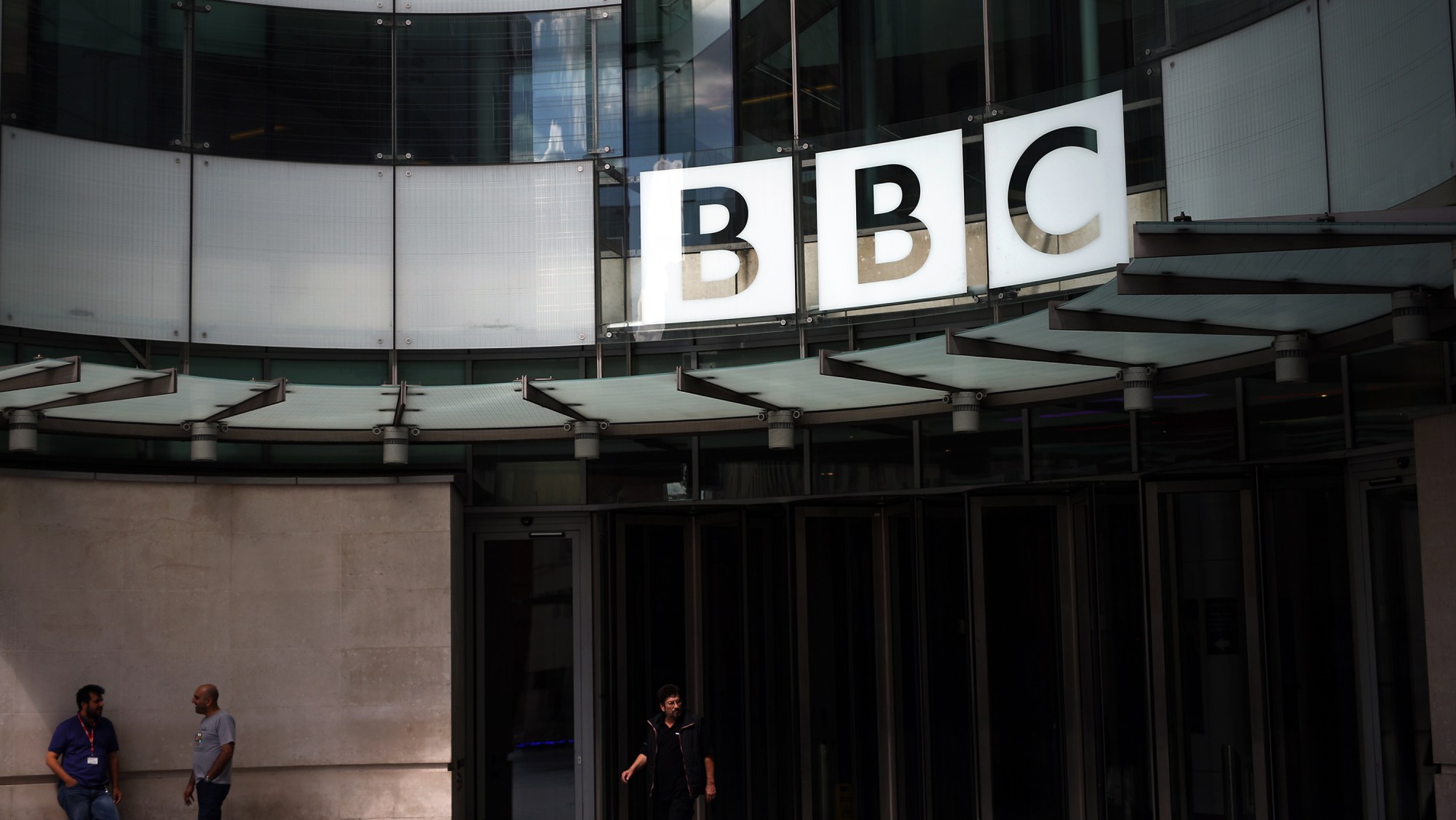In a significant crackdown on migration, Mauritania has initiated a mass deportation campaign that targets African migrants, including those with valid residence permits. The operation has been particularly aggressive in Nouadhibou, the country’s second-largest city, where migrants have reported widespread arrests and harsh conditions.
Omar*, a 29-year-old bricklayer from rural Gambia, arrived in Mauritania in March 2024 seeking better economic opportunities. In Nouadhibou, he found work that paid two to three times more than what he earned back home. Living in a one-room shack with four friends, he managed to support his family and pay for his siblings’ education. However, the situation changed drastically in August when armed pick-up trucks from the National Guard began rounding up migrants.
Sudden police raids turned Nouadhibou’s bustling construction sites into hotspots for arrests. Without a residence permit, Omar ceased working and confined his movements to his housing compound. As police began targeting homes, the atmosphere of fear gripped the migrant community. Omar recounted the harrowing experience of fleeing over rooftops one evening during a raid, only to return later that night to find that their financial situation had deteriorated.
Food shortages became a dire reality, with Omar and his housemates surviving on a single bowl of rice a day and occasional fish caught by a friend. “All the emotions I go through in one day are hard to explain,” he stated in an interview, reflecting the turmoil facing many migrants.
The Mauritanian Association for Human Rights (AMDH) reported that in March alone, around 1,200 people were deported, including approximately 700 individuals who held residence permits. While the Mauritanian government has not disclosed official deportation figures, government spokesman Houssein Ould Medou noted that in 2022, about 130,000 migrants entered the country, yet only 7,000 renewed their residence permits.
Minister of Interior Mohamad Ahmed Ould Mohamed Lemine defended the deportation campaign, asserting that Mauritania has the right to control foreign movements within its borders and claimed that deportees would receive adequate food and medical services. However, rights groups and opposition politicians have criticized the operation, labelling it a violation of human rights. Kadiata Malik Diallo, a Mauritanian opposition MP, described the mass expulsions as “cruel and degrading.”
Economic Pressure and International Agreements
Mauritania’s strategic location has attracted attention from the European Union, which announced a migration partnership deal worth 210 million euros ($248 million) in February 2024. This financial package aims to enhance security and manage migration while investing in socioeconomic services for refugees and host communities. However, experts have raised concerns about the implications of such agreements, suggesting that the EU’s policies of “border externalisation” may contribute to human rights violations in countries like Mauritania.
The urgency for Mauritania to stem irregular migration is underscored by a 2025 report from Spain’s National Security Department, which indicated that over half of the irregular arrivals to Spain’s Canary Islands in 2024 originated from Mauritania. Despite the dangers, many migrants expressed a preference to remain in Mauritania to work and support their families rather than attempt perilous boat journeys to Europe.
In a recent amendment to the 1965 immigration law, Mauritania introduced provisions that allow for the automatic expulsion of foreign nationals convicted of immigration violations, further tightening control over migrant populations. Prime Minister Mokhtar Ould Djay has emphasized that tackling illegal immigration is a top priority for the government.
Human Cost of the Crackdown
As the deportation campaign intensified, many migrants found themselves in precarious situations, subject to extortion and harassment. An Ivorian construction worker, Traore*, revealed that he had been arrested multiple times, with police demanding bribes for release. His experiences reflect a broader trend of exploitation faced by undocumented migrants.
One particularly distressing incident involved Yunisa*, a Sierra Leonean forklift operator who was arrested while on his way to work. When he attempted to call his employer for assistance, police forcibly took his phone. He described the abuse he faced, stating that he was not allowed to collect his belongings before being deported to Senegal.
Women and children have also been caught in the crackdown. Mariam*, a 31-year-old mother from Sierra Leone, was apprehended while seeking medicine for her sick child. She was taken to a detention facility described as a “cattle shed,” where she was separated from her children until a neighbour intervened. The trauma of such experiences has left many migrants with lingering fears and uncertainties about their future.
Despite the oppressive conditions, some migrants, like Omar, express a desire to return to Mauritania if deportations cease. He reflected on his early days in Nouadhibou with nostalgia, recalling the opportunities that initially drew him to the country.
As the Mauritanian government continues its controversial deportation campaign, the experiences of migrants highlight the complex interplay between migration, human rights, and international policy. The situation remains fluid, with many migrants caught in a cycle of fear and uncertainty, struggling to navigate the harsh realities of life in Mauritania.
*All interviewees requested that only one of their names be used for safety reasons.







